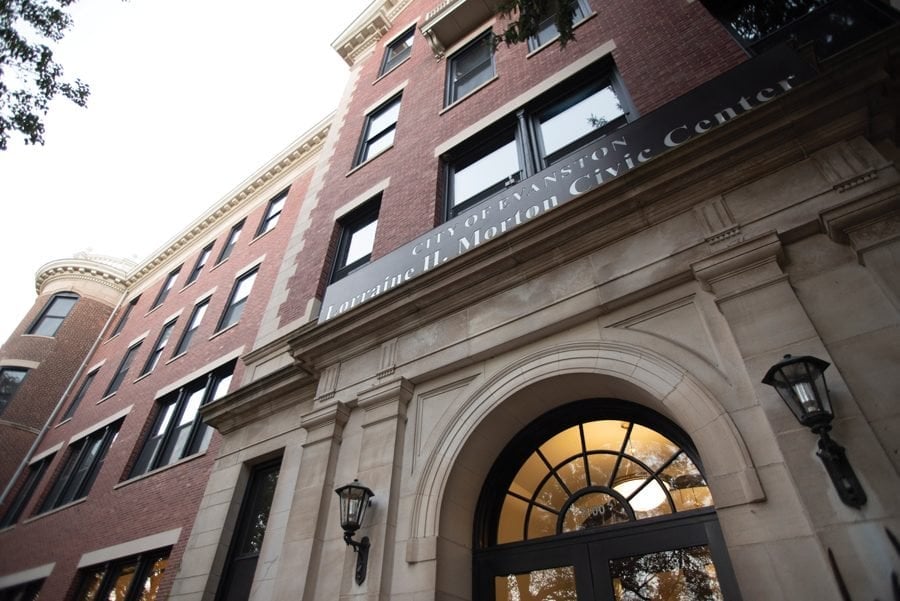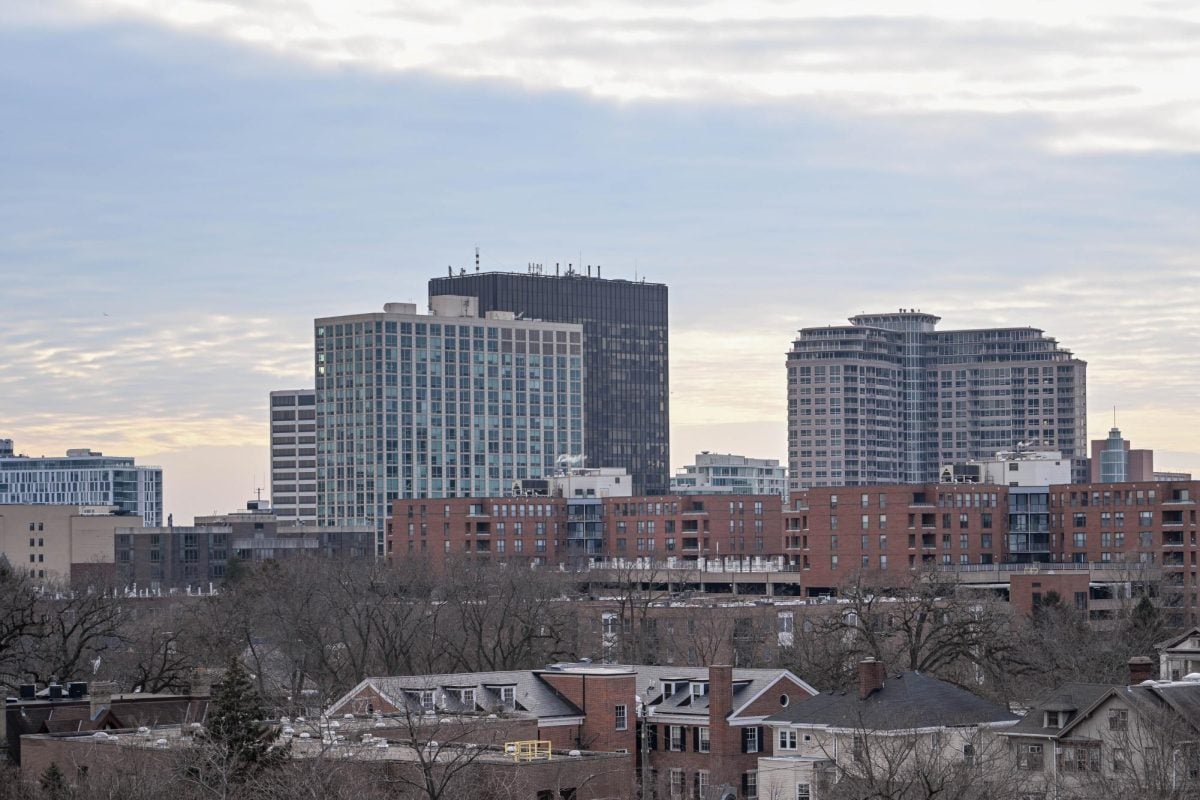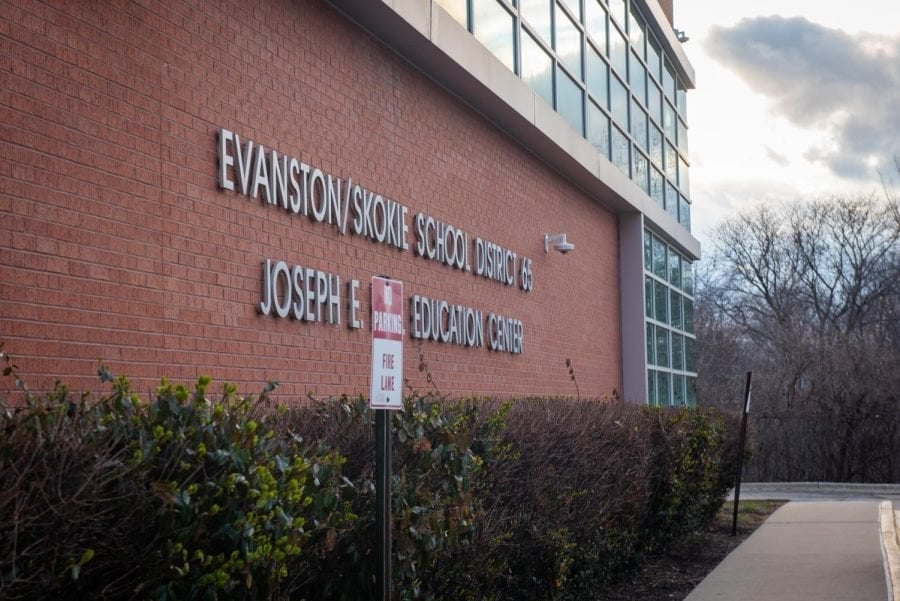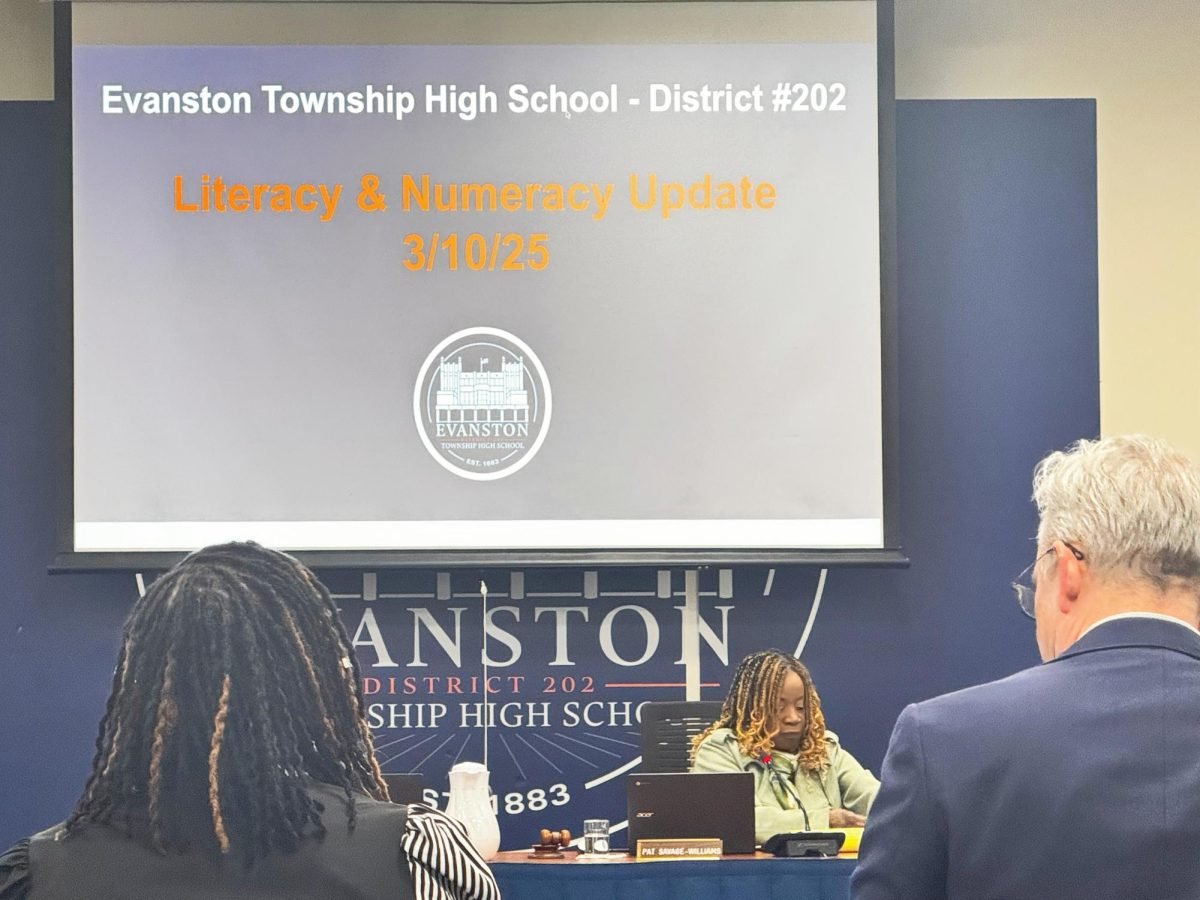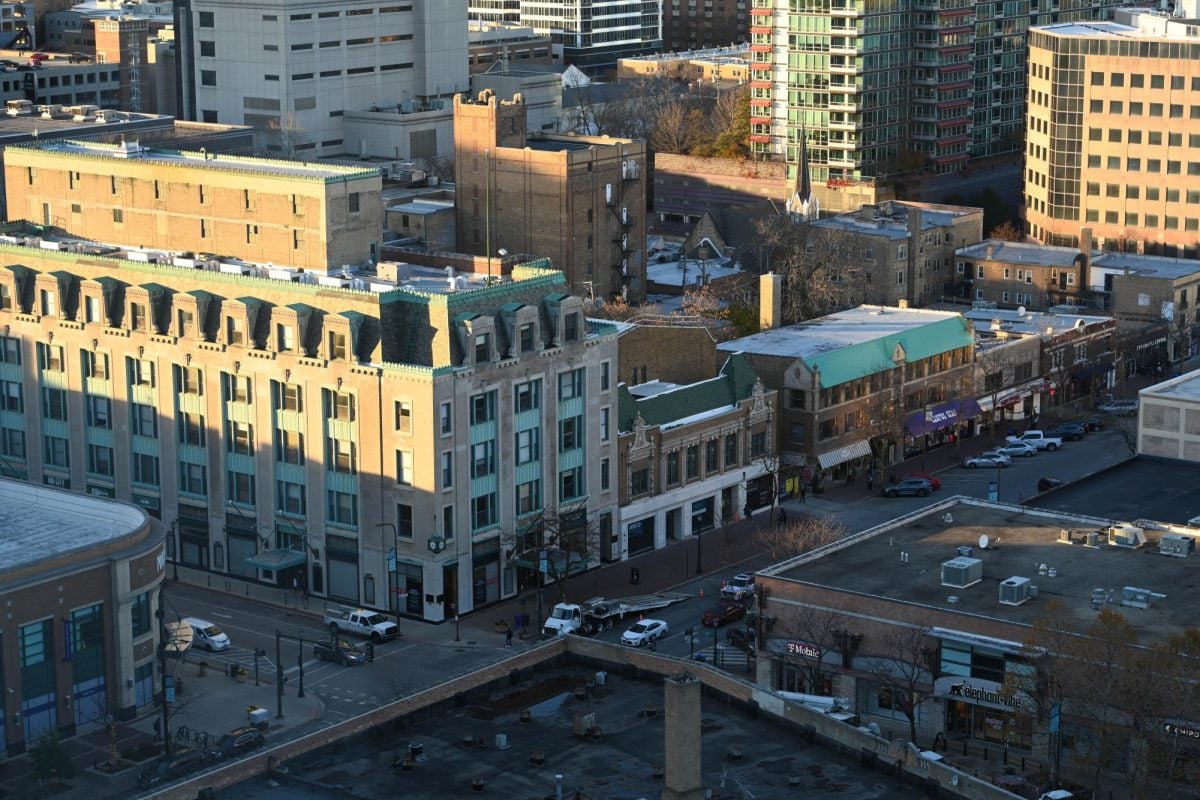At its next meeting Monday, City Council will decide whether to create a committee to explore the potential implementation of Payment in Lieu of Tax — or PILOT — programs in Evanston.
PILOT programs allow nonprofit institutions that are exempt from property taxes to pay agreed-upon sums to the municipalities they operate in. Contributed funds are often meant to offset revenue the municipality loses due to institutions’ tax-exempt status. Programs intend to ease the tax burdens on residents.
The proposed committee, which Ald. Clare Kelly (1st) submitted for consideration in 2022, would aim to create a payment program for the city’s largest tax-exempt institutions, including Northwestern and Evanston’s two major hospitals.
Smaller nonprofits like charities would not be “negatively impacted” by any PILOT or payment program put forth by the committee, Kelly said this year.
Members of the committee would include representatives from large and small tax-exempt establishments in Evanston, in addition to members of city government.
According to Kelly, the committee will explore the impact of major tax-exempt institutions on local revenue and the cost of living for Evanston’s residents, although participation in a PILOT program would be optional for these establishments.
“This will be a venue to have those discussions and come up with some sort of program,” Kelly said of the proposed committee. “We need to acknowledge some way to offer some sort of relief.”
She said residents often have to “make up the difference” of lost property taxes that NU and other large nonprofit institutions in Evanston are exempt from paying.
According to a 2017 analysis from Evanston’s Assistant City Manager and Chief Financial Officer Martin Lyons, if subject to property taxes, NU would pay the city around $6 million per year — based on its land assets then. At that time, the University made up about 10% of Evanston’s total property.
A payment program, Kelly said, could help the University showcase the benefits it already provides to the community. Additionally, the proposed committee itself could help ease tensions between residents and NU, she added.
“It’s just about sitting down at the table together and looking at how we address it,” she said. “This is a win-win.”
If NU opted into a PILOT program with Evanston, it would not be the first private university to do so.
Since 2012, the city of Boston has operated a PILOT program that receives payments from 21 academic institutions, including Harvard University and Boston University. Both universities directly paid Boston a sum total of around $10.3 million for Fiscal Year 2023.
Additionally, Yale University and Brown University are each part of PILOT programs with the communities in which they operate — New Haven, Connecticut and Providence, Rhode Island, respectively.
However, Dave Davis — NU’s executive director of neighborhood and community relations — said during a 2022 Ryan Field community meeting that the University will not participate in a PILOT program.
Instead, Davis cited other payment mechanisms, such as the 2015 Good Neighbor Fund. Through the fund, NU has provided $1 million each year through 2023. Starting in 2024, that amount will increase to $3 million as part of a community benefits agreement.
Davis did not respond to The Daily’s request for comment prior to City Council’s vote on the committee, set to take place early next week.
NU has also pledged to pay $150 million over the next 15 years through a community benefits agreement with Evanston. The University proposed the agreement amid wide backlash from Evanston residents toward NU’s efforts to rebuild Ryan Field in the 7th Ward.
According to Sebastian Nalls, president of Evanston’s Community Alliance for Better Government, NU can show its commitment to the city by agreeing to a PILOT program, rather than providing funds contingent on City Council’s approval of the Ryan Field rebuild effort.
“These nonprofit entities are here in Evanston, and they are a valuable member of the community,” he said. “They have a place to assist and help out the community. I think this is a real unique opportunity to build out those relationships.”
Nalls, a former Evanston mayoral candidate, said efforts to create PILOT programs don’t aim to “spite” the city’s large nonprofit institutions. Instead, these efforts aim to support those who have been priced out of Evanston, he said — including Black residents who have been disproportionately affected by tax hikes.
But, a potential PILOT program would not just involve NU. Evanston Hospital, operated by Endeavor Health, and Saint Francis Hospital, would also have the chance to participate in the committee.
In a statement to The Daily, Endeavor Health Endeavor Health’s System Director of Corporate Reputation Spencer Walrath said they “strongly oppose any consideration of PILOT” programs.
Walrath added that Endeavor Health has provided more than $3.5 million to Evanston through the company’s Community Investment Fund.
“PILOTs, in addition to what we already contribute as a non-profit, would put substantial financial pressure on our system at an already challenging time for hospitals and health systems,” he wrote.
Ascension, which operates Saint Francis Hospital, did not respond to a request for comment.
Correction: A previous version of the story misstated the nature of PILOT programs. The city cannot enforce payments via the program. The Daily regrets the error.
Email: pavanacharya2025@u.northwestern.edu
Related Stories:
— Residents criticize Ryan Field community benefits agreement, call for Council to delay decision
— Evanston avoids property tax hike amid ‘sobering’ budget outlook

